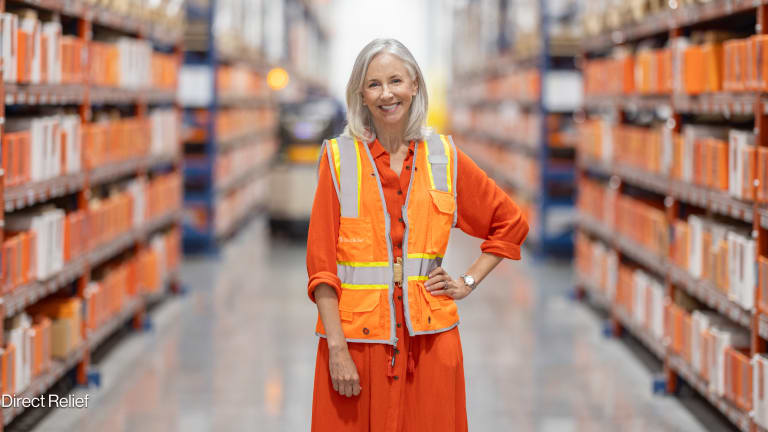Give cash. Not canned goods, not bottled water, not volunteer hours. Cash.
As aid groups rush to Nepal to assess needs after a devastating 7.8-magnitude earthquake, and as they respond with search and rescue teams, medical interventions, and emergency water and sanitation within a critical 72-hour window, we’re once again reminded that the best way to lend a hand is by handing over money to a reputable organization.
International disasters spur inspiring generosity, but in the wake of crises like this one experts are driving home the message that even well-meaning contributions, when misplaced, don’t actually contribute that much — and sometimes get in the way.
Printing articles to share with others is a breach of our terms and conditions and copyright policy. Please use the sharing options on the left side of the article. Devex Pro members may share up to 10 articles per month using the Pro share tool ( ).
Search for articles
Most Read
- 1
- 2
- 3
- 4
- 5








